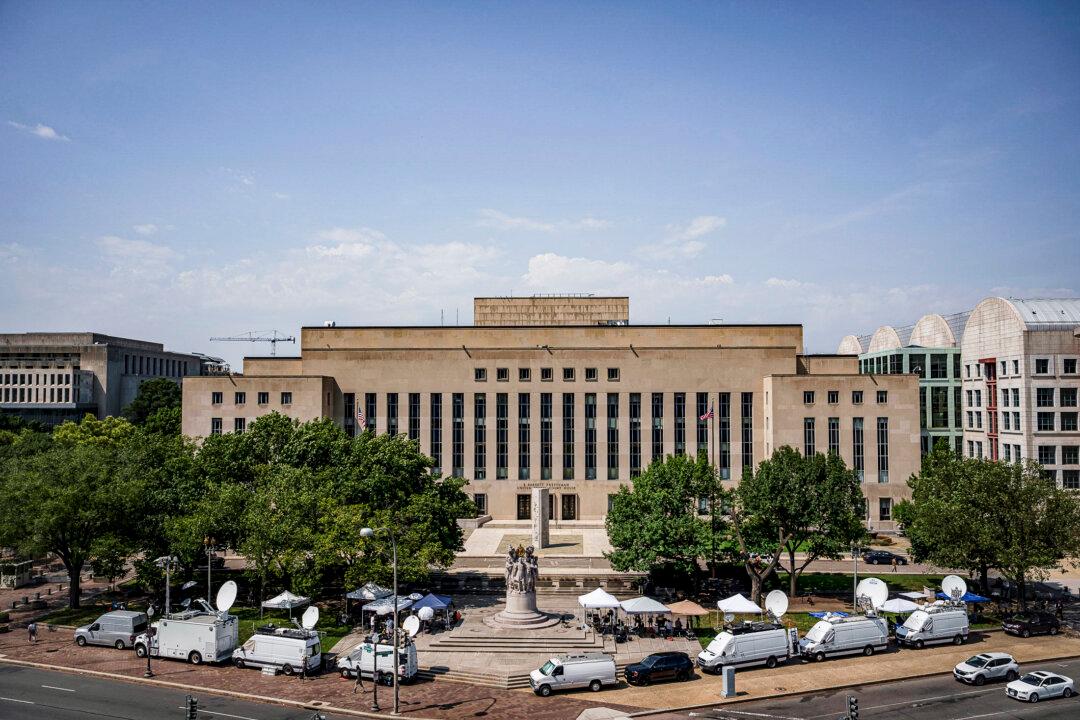The U.S. Court of Appeals for the District of Columbia Circuit ruled that a gas pipeline expansion to deliver more gas to customers in New York can move forward, arguing that a federal regulatory agency properly evaluated the effects it would have when the line was approved.
In a decision handed down on June 14, a panel of three judges unanimously rejected arguments made by left-leaning environmental group Food & Water Watch after it filed a petition of appeal in 2022 arguing that the U.S. Federal Energy Regulatory Commission (FERC) did not adequately quantify emissions from upstream drilling for the gas that would be transported through the pipeline expansion.





